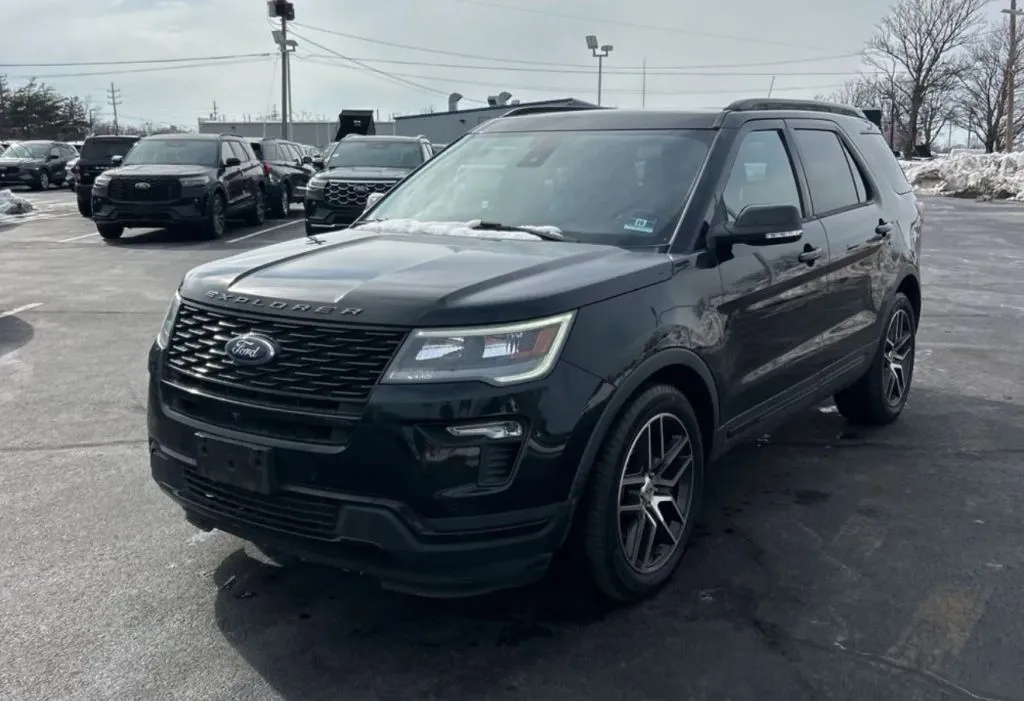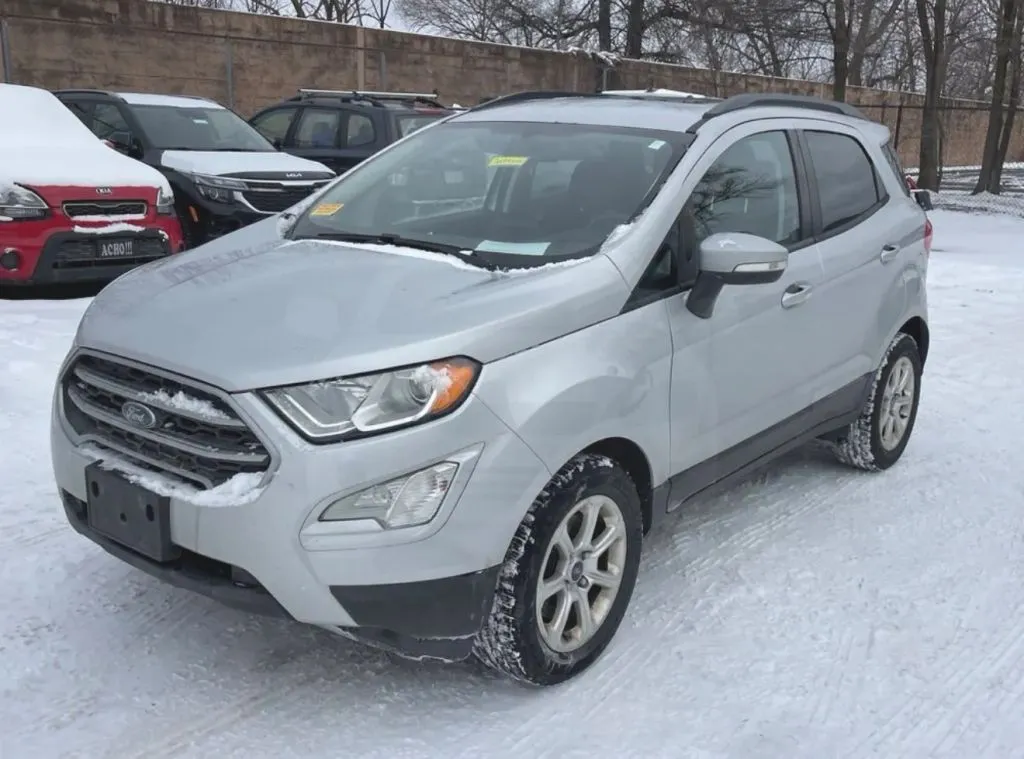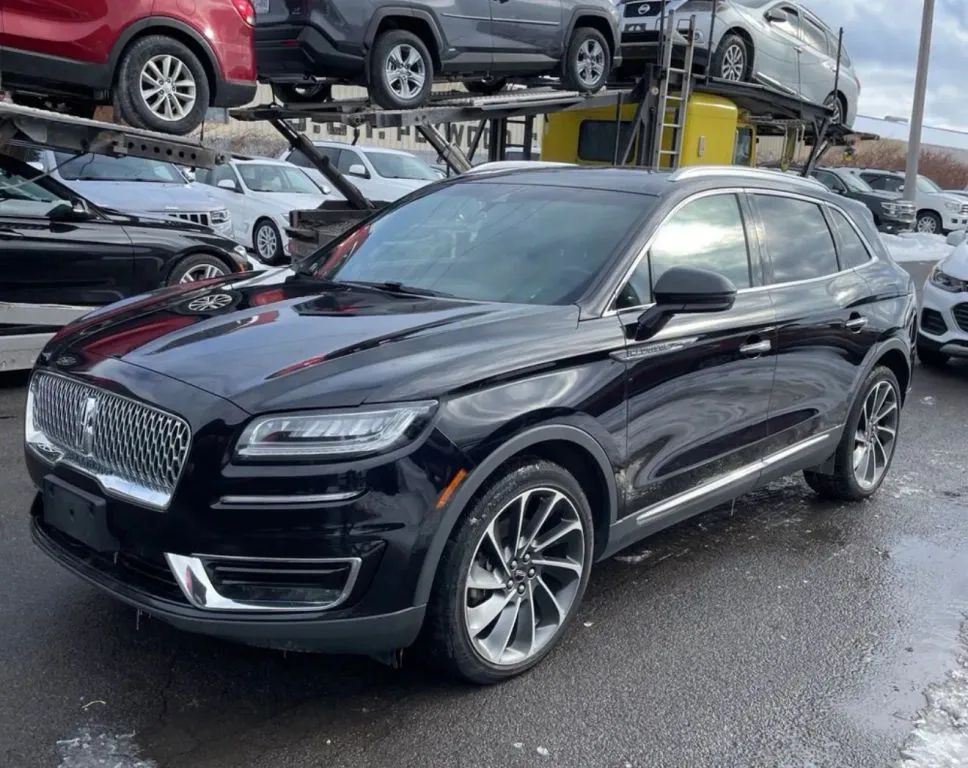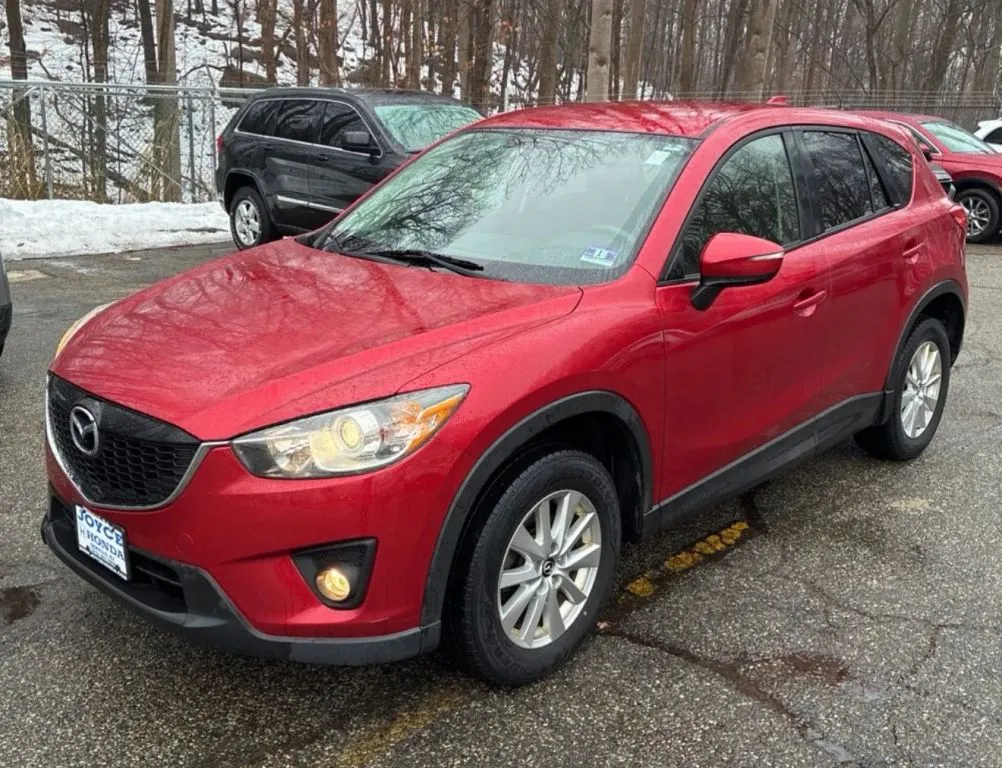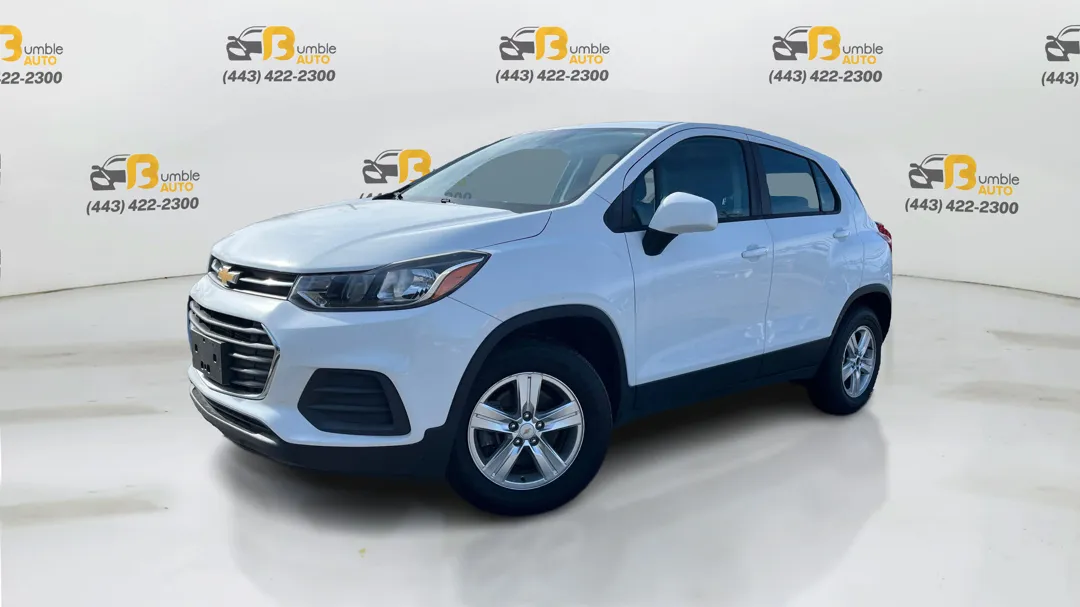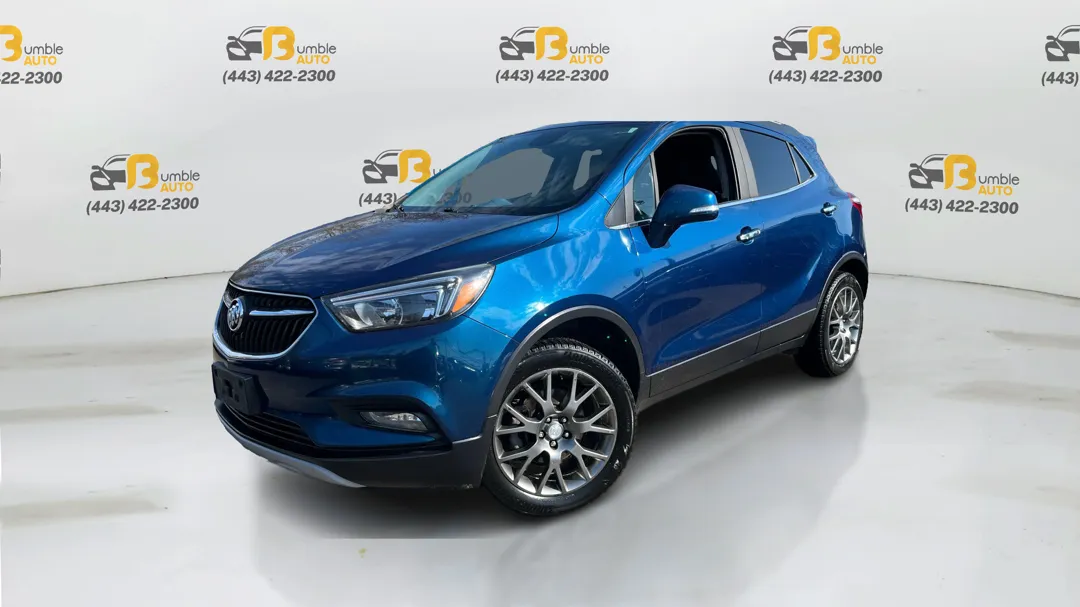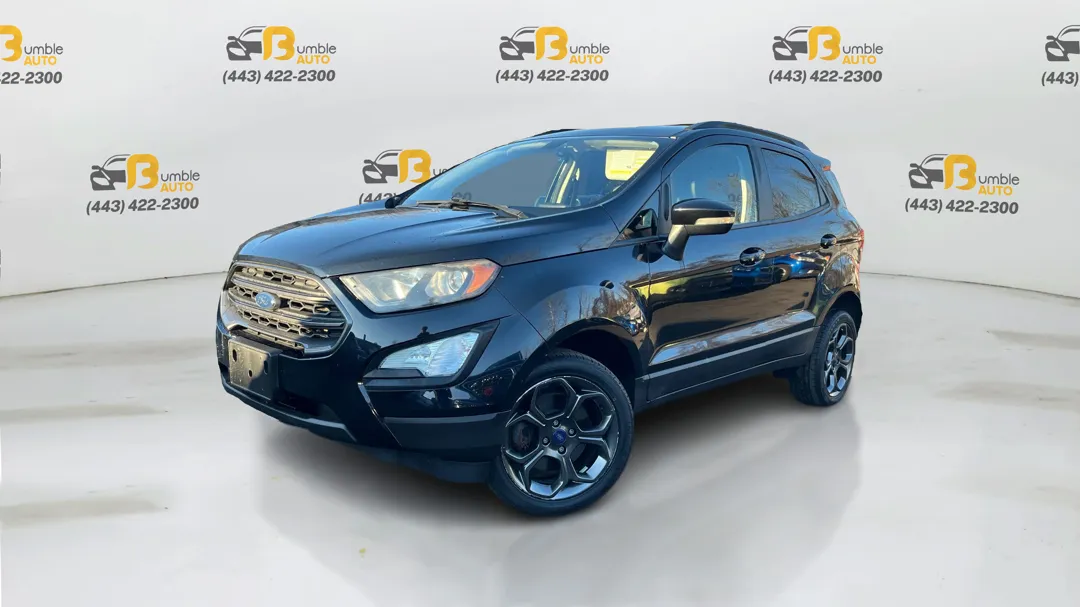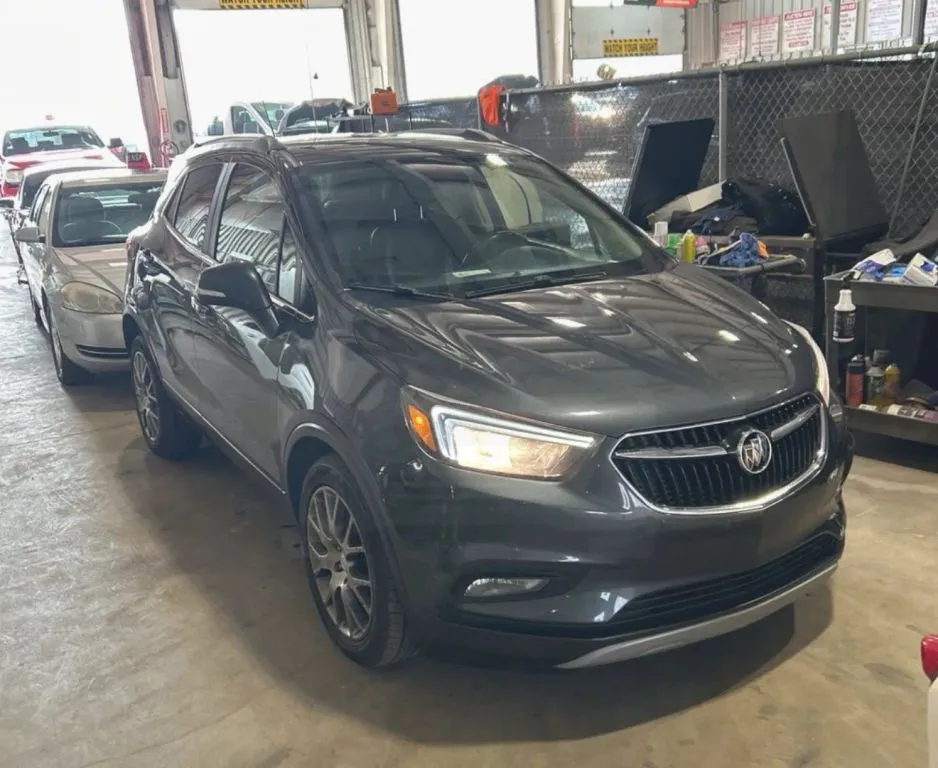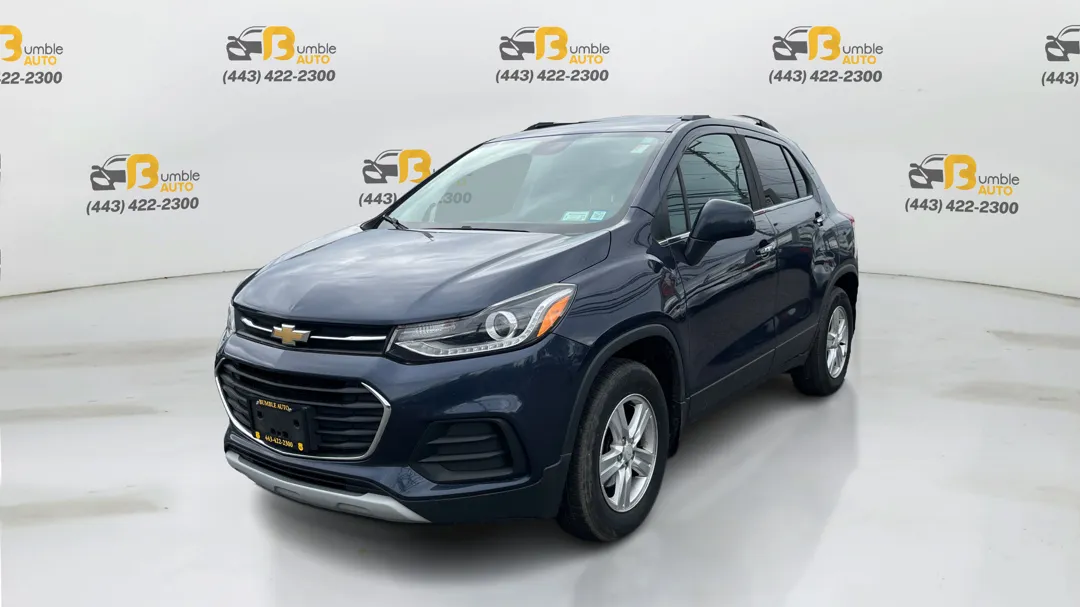Compact vs. Full-Size SUVs: Which One is Right for You? A Comprehensive Comparison
Table of Contents
- Key Differences Between Compact and Full-Size SUVs
- 1. Size and Maneuverability
- 2. Interior Space and Comfort
- 3. Fuel Efficiency and Cost of Ownership
- 4. Performance and Towing Capacity
- 5. Driving Experience and Ride Quality
- 6. Off-Road Capabilities
- 7. Target Audience and Lifestyle Fit
- Advantages of Compact SUVs
- Advantages of Full-Size SUVs
- Fuel Efficiency: Compact vs. Full-Size
- Space and Comfort: Which SUV Fits Your Needs?
- Safety Features and Ratings Comparison
- Cost Analysis: Purchase Price and Ownership Expenses
- Conclusion: Making the Right Choice for Your Lifestyle

In today’s fast-paced world, choosing the right SUV can feel like a daunting task. With the market brimming with options, the debate between compact and full-size SUVs continues to spark interest among buyers. These vehicles offer the perfect blend of versatility, comfort, and style, catering to diverse lifestyles and preferences. But how do you determine which one is truly right for you? Do you prioritize agility and maneuverability, or are spacious interiors and towing capacity more appealing? In this comprehensive comparison, we’ll explore the key differences between compact and full-size SUVs—from fuel efficiency and safety features to cargo space and overall performance. Whether you're a city dweller seeking a sleek ride or an adventurer looking for rugged capability, our in-depth analysis will help illuminate the best fit for your unique needs. Let’s dive in and discover which SUV category suits your lifestyle perfectly!
Key Differences Between Compact and Full-Size SUVs

Choosing between a compact SUV and a full-size SUV requires understanding their fundamental differences. While both offer versatility and practicality, they cater to different lifestyles, driving needs, and budgets. Compact SUVs are known for their agility, fuel efficiency, and ease of handling, making them ideal for city driving. Full-size SUVs, on the other hand, provide more interior space, higher towing capacities, and superior off-road performance, making them better suited for larger families and adventure seekers. Below, we break down the key distinctions between these two SUV categories to help you make an informed decision. To start, it’s important to understand the SUV definitions and features, as they serve as the foundation of this comparison.
1. Size and Maneuverability
The most obvious difference between compact and full-size SUVs is their size. Compact SUVs have a smaller footprint, making them easier to maneuver in tight spaces, park in crowded city areas, and navigate through heavy traffic. In contrast, full-size SUVs are larger and bulkier, which can make city driving and parking more challenging but offers more interior space and road presence.
2. Interior Space and Comfort
Compact SUVs generally provide a cozy cabin with enough seating for small families or individuals who don’t need excessive cargo space. While many models still offer foldable rear seats for added storage, they cannot match the spacious interiors of full-size SUVs. Full-size SUVs come with three-row seating, providing ample room for larger families, plus generous cargo space for luggage, sports equipment, or even pets.
3. Fuel Efficiency and Cost of Ownership
One of the major advantages of compact SUVs is their fuel efficiency. Built with smaller, more efficient engines, they consume less fuel, making them a cost-effective choice for daily commuting. Full-size SUVs, however, tend to have larger engines that prioritize power over efficiency, leading to higher fuel consumption. Additionally, full-size SUVs often have higher maintenance costs, insurance premiums, and overall ownership expenses compared to compact models.
4. Performance and Towing Capacity
If you need a vehicle for long road trips, towing, or off-road adventures, a full-size SUV is the better option. Built on truck platforms, these SUVs come with powerful engines, higher ground clearance, and enhanced towing capacities—often capable of pulling trailers, boats, or campers. Compact SUVs, built on car platforms, are designed for everyday driving rather than heavy-duty tasks, offering a smoother, more fuel-efficient ride but lower towing capabilities.
5. Driving Experience and Ride Quality
Compact SUVs provide a car-like driving experience, making them comfortable and easy to handle for those transitioning from sedans. Their suspension is tuned for comfort, ensuring a smooth ride on city streets and highways. Full-size SUVs, on the other hand, tend to have a more rugged and commanding presence, often delivering a stiffer ride due to their truck-based construction. While some premium models offer adaptive suspension systems for added comfort, they generally don’t match the ease of driving found in compact SUVs.
6. Off-Road Capabilities
For those who enjoy off-road adventures, full-size SUVs offer superior capabilities with advanced all-wheel-drive (AWD) or four-wheel-drive (4WD) systems, higher ground clearance, and rugged suspensions designed to handle rough terrains. Compact SUVs may come with AWD options, but they are typically designed for light off-roading and inclement weather conditions rather than tackling extreme trails or rocky landscapes
7. Target Audience and Lifestyle Fit
Compact SUVs are best suited for city dwellers, young professionals, and small families who value fuel efficiency, affordability, and easy handling. Their blend of comfort and practicality makes them a great choice for urban environments. Full-size SUVs, however, are designed for larger families, outdoor enthusiasts, and individuals who need maximum space, towing power, and off-road capabilities. If you frequently travel with a full carload of passengers or heavy cargo, a full-size SUV is likely the better option. For families, the best three-row SUVs in the market can deliver the perfect mix of space and convenience.
Advantages of Compact SUVs

Compact SUVs come with a host of advantages that make them an attractive option for a variety of drivers. One of the most notable benefits is their superior fuel efficiency. These smaller vehicles are designed to be more aerodynamic and lighter, which means they require less fuel to operate. This can lead to significant savings at the pump, especially for those who do a lot of city driving. The improved fuel economy also makes compact SUVs a more environmentally friendly choice.
Another advantage of compact SUVs is their maneuverability. Their smaller size makes them easier to navigate through congested city streets and tight parking spaces. This can be a significant advantage for urban dwellers who frequently deal with heavy traffic and limited parking options. The agility of compact SUVs also makes them more enjoyable to drive in urban settings, where quick lane changes and tight turns are often necessary.
Compact SUVs also tend to be more affordable than their full-size counterparts. The lower purchase price makes them accessible to a broader range of buyers, including young professionals and small families. Additionally, the lower cost of ownership, including insurance and maintenance, makes compact SUVs a financially sound choice. These vehicles offer a great balance of practicality and affordability, making them a popular choice for those who value efficiency and ease of use.
Advantages of Full-Size SUVs

Full-size SUVs come with their own set of compelling advantages that cater to a different set of needs. One of the primary benefits is the ample interior space they offer. These vehicles are designed to accommodate larger families and provide generous cargo capacity. The spacious interiors mean that passengers have plenty of legroom, and there is ample space for luggage, sports equipment, or even pets. One standout model is the 2024 Jeep Grand Cherokee, offering both luxury and rugged performance. This makes full-size SUVs an ideal choice for long road trips or family outings.
Another significant advantage of full-size SUVs is their superior towing capacity. These vehicles are built on robust platforms and are equipped with powerful engines, making them capable of towing heavy loads such as boats, trailers, or large campers. This feature is particularly beneficial for individuals who enjoy outdoor activities or who need to tow equipment for work or recreational purposes. The strong towing capabilities of full-size SUVs provide a level of versatility that smaller vehicles simply cannot match.
Full-size SUVs also excel in off-road performance. Their rugged construction, higher ground clearance, and advanced four-wheel-drive systems make them well-suited for tackling challenging terrains. Whether you're navigating rocky trails, muddy paths, or snowy roads, a full-size SUV can handle it with ease. This off-road capability makes full-size SUVs a favorite among adventure enthusiasts and those who live in rural or mountainous areas. The ability to confidently explore off the beaten path is a significant draw for many buyers.
Fuel Efficiency: Compact vs. Full-Size

Fuel efficiency is a critical factor to consider when choosing between compact and full-size SUVs. Compact SUVs generally have the upper hand in this department due to their smaller size and lighter weight. These vehicles are designed to maximize fuel economy, making them an excellent choice for daily commuters and those who prioritize cost savings at the pump. Many compact SUVs come equipped with smaller, more efficient engines and advanced fuel-saving technologies, such as start-stop systems and regenerative braking.
In contrast, full-size SUVs typically have larger engines that provide more power but consume more fuel. These vehicles are built for performance and capability, which often comes at the expense of fuel economy. While advancements in engine technology have improved the fuel efficiency of full-size SUVs over the years, they still lag behind their compact counterparts. For drivers who frequently undertake long-distance travel or have heavy towing needs, the trade-off in fuel economy may be worth it.
It's essential to consider your driving habits and needs when evaluating fuel efficiency. If you mostly drive in the city, the higher fuel efficiency of a compact SUV will likely be more beneficial. On the other hand, if you require the additional power and capacity of a full-size SUV for activities such as towing or off-roading, the higher fuel consumption may be a necessary compromise. Understanding how you plan to use your vehicle can help you make a more informed decision regarding fuel efficiency.
Space and Comfort: Which SUV Fits Your Needs?

When it comes to space and comfort, the choice between compact and full-size SUVs often boils down to the specific needs and preferences of the driver and passengers. Compact SUVs offer a balance of space and efficiency, making them suitable for small families or individuals who don't require extensive cargo capacity. These vehicles typically provide comfortable seating for up to five passengers and offer a reasonable amount of cargo space for everyday needs. An option like a guide to the 2024 Nissan Murano can help you assess cabin space, cargo volume, and tech amenities. The interiors of compact SUVs are often designed with a focus on maximizing available space, with clever storage solutions and flexible seating arrangements.
Full-size SUVs, on the other hand, are designed with space and comfort as top priorities. These vehicles provide ample room for larger families, often seating seven to eight passengers comfortably.The additional interior space means that passengers in full-size SUVs enjoy more legroom and headroom, contributing to a more comfortable ride, especially on long journeys. The expansive cargo areas in full-size SUVs are also a significant advantage, allowing for the transport of large items or significant amounts of luggage.
Additionally, full-size SUVs often come equipped with a range of luxury features and amenities that enhance comfort. These may include premium leather seating, advanced climate control systems, and state-of-the-art infotainment systems. The higher-end nature of full-size SUVs means that they often provide a more luxurious driving experience. If comfort and space are top priorities for you, a full-size SUV may be the better choice. However, if you prefer a more compact, efficient vehicle that still offers a good level of comfort, a compact SUV might be the ideal fit.
Safety Features and Ratings Comparison

Safety is a paramount concern for any vehicle buyer, and both compact and full-size SUVs offer a range of safety features designed to protect occupants. Compact SUVs often come equipped with advanced safety technologies, such as forward-collision warning, automatic emergency braking, lane departure warning, and adaptive cruise control. These features help prevent accidents and mitigate the severity of collisions. The smaller size and lower center of gravity of compact SUVs also contribute to better handling and stability, reducing the risk of rollovers.
Full-size SUVs, while larger and heavier, also offer a comprehensive suite of safety features. These vehicles are designed to withstand severe impacts, and their robust construction provides a high level of crash protection. Full-size SUVs often come with advanced driver-assistance systems, such as blind-spot monitoring, rear cross-traffic alert, and parking assist, which enhance driver awareness and safety. Additionally, the higher driving position of full-size SUVs provides better visibility, which can be an advantage in preventing accidents. Be sure to assess key factors to buy a perfect SUV before making your final purchase decision.
When comparing safety ratings, it's essential to consider the results from reputable sources, such as the National Highway Traffic Safety Administration (NHTSA) and the Insurance Institute for Highway Safety (IIHS). Both compact and full-size SUVs can achieve high safety ratings, but the specific ratings can vary by make and model. It's crucial to research the safety ratings of the specific vehicles you are considering to ensure they meet your safety standards. Ultimately, both types of SUVs can offer excellent safety features, but the choice may come down to the specific technologies and ratings that are most important to you.
Cost Analysis: Purchase Price and Ownership Expenses

The cost of purchasing and owning an SUV is a significant factor to consider when deciding between compact and full-size models. Compact SUVs generally have a lower starting price compared to full-size SUVs, making them more accessible to a broader range of buyers. The lower purchase price is a significant advantage for budget-conscious consumers who want the benefits of an SUV without the higher cost. Additionally, the improved fuel efficiency of compact SUVs translates to lower ongoing fuel expenses.
In terms of ownership expenses, compact SUVs tend to have lower maintenance and insurance costs. The smaller engines and simpler mechanical systems of compact SUVs typically result in lower repair and maintenance expenses. Insurance premiums for compact SUVs are also generally lower, as these vehicles are less costly to repair and replace in the event of an accident. The overall lower cost of ownership makes compact SUVs an attractive option for those looking to minimize their expenses.
Full-size SUVs, while more expensive to purchase, offer a different set of financial considerations. The higher purchase price often reflects the additional features, capabilities, and luxury amenities that come with full-size SUVs. These vehicles also tend to have higher maintenance and fuel costs due to their larger engines and more complex systems. However, for buyers who need the extra space, towing capacity, and off-road capabilities, the higher cost may be justified. It's essential to weigh the initial purchase price against the long-term ownership expenses to determine which type of SUV aligns with your budget and financial goals.
Conclusion: Making the Right Choice for Your Lifestyle
Choosing between a compact and a full-size SUV ultimately depends on your specific needs, preferences, and lifestyle. Compact SUVs offer advantages in fuel efficiency, maneuverability, and affordability, making them ideal for urban dwellers, small families, and budget-conscious buyers. These vehicles provide a practical balance of space and efficiency, catering to those who prioritize ease of use and cost savings.
Full-size SUVs, on the other hand, excel in providing ample space, superior towing capacity, and off-road capabilities. These vehicles are well-suited for larger families, outdoor enthusiasts, and individuals who require extensive cargo space and power. The higher purchase price and ownership expenses of full-size SUVs may be justified by the additional features, comfort, and versatility they offer.
Ultimately, the decision comes down to evaluating your driving habits, budget, and the specific features that are most important to you. By considering the key differences, advantages, fuel efficiency, space and comfort, safety features, cost analysis, and popular models, you can make a more informed choice. Don’t forget to explore the Bumble Auto SUVs for sale when you're ready to take the next step. Whether you opt for a compact or full-size SUV, both categories offer a range of options designed to enhance your driving experience and meet your unique needs.


